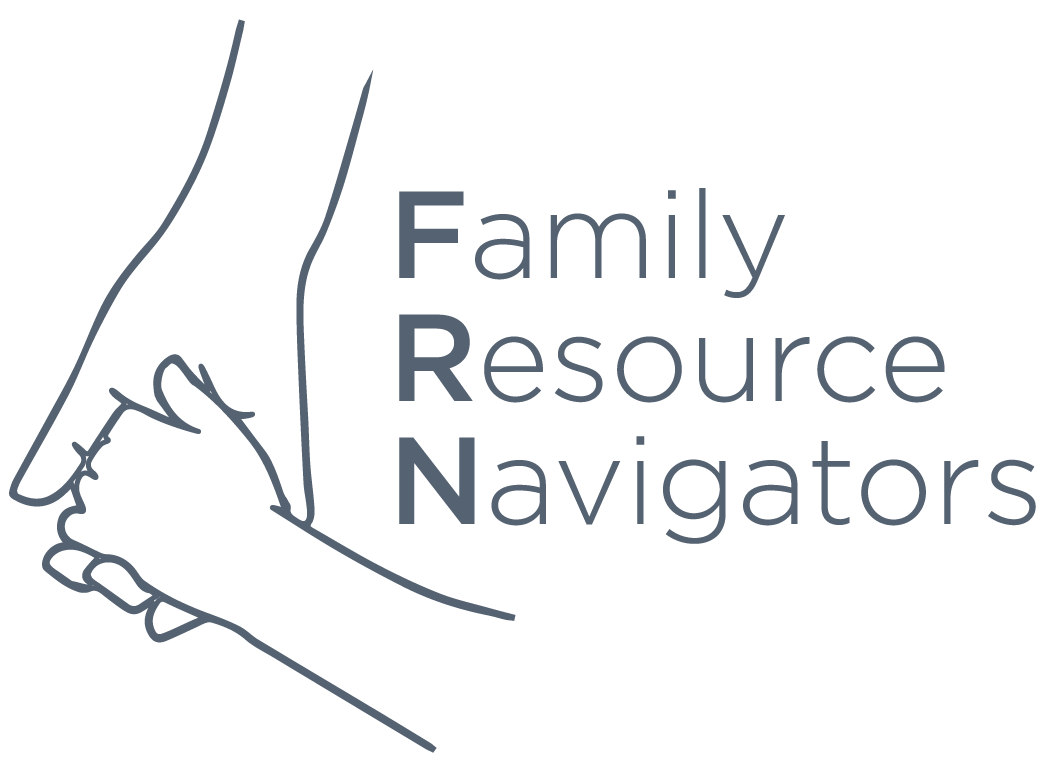As published by the California Health Report & Resolve Magazine, featuring FRN's Daisy Lopez:
On a recent morning, ahead of an all-day, outdoor birthday party at her mother’s house in San Lorenzo, Lopez checked the weather for the day – temperatures in the 70s to 80s. She laid out a white lace party dress, a custom cooling vest decorated with numerous colorful unicorns, a floral long-sleeve shirt and black leggings for the evening, and warmer pink sweatpants and a matching sweatshirt for the cooler nighttime temperatures. Lopez also packed the refrigerated formula and medications that Ximena needs to manage her various health conditions.
“I have to pack for three seasons in one bag,” said Lopez. “We have to be prepared for all sorts of weather in one day.”
Ximena, who has cerebral palsy, diabetes insipidus, epilepsy and dysautonomia, among other conditions, is particularly sensitive to heat and cold because she cannot sweat to regulate her body temperature. Lopez manages this by adding or removing layers of clothing depending on her body temperature and the weather. That means Lopez must plan ahead anytime Ximena goes out. With the weather becoming hotter and more unpredictable as a result of climate change, Lopez said keeping her daughter’s body temperature in check is increasingly a challenge.
Climate change is a growing threat to people with disabilities, such as Ximena. Not only is the weather getting hotter, but Californians are facing more frequent wildfires, poor air quality, evacuations and power outages. These events are particularly difficult to navigate for people with complex medical conditions and those who care for them. Yet, researchers and policymakers have historically overlooked this vulnerable population when it comes to emergency planning, said Alex Ghenis, former research and policy analyst with World Institute of Disability, during a podcast last year."
